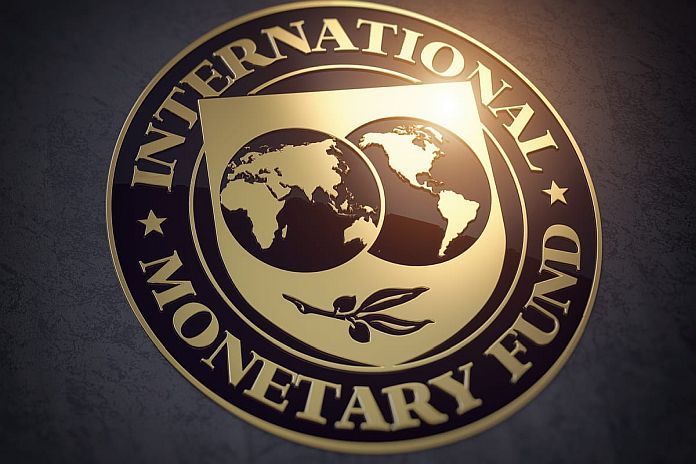GEORGETOWN, Guyana – Kenji Okamura, deputy managing director of the International Monetary Fund (IMF), issued the following statement today in Georgetown at the end of his visit to Guyana:
“I am delighted to be in Guyana. This is my first visit, and I would like to thank president Irfaan Ali, vice pesident Bharrat Jagdeo, prime minister Mark Phillips, finance minister Ashni Singh, as well as other ministers and senior officials for their warm hospitality and for the productive meetings. I would also like to thank the representatives from the health and housing sectors for the site visits arranged, and the Amerindian community of Moraikobai, and the private sector, for their welcome and useful discussions.
“I congratulated the authorities on the unparalleled economic expansion. Guyana today is in the position to reap the benefits of rapidly increasing oil revenues due to the hard-won gains from implementing reforms and adjustment over the years. The plans put in place by the authorities and the strong progress are benefiting the entire population through better healthcare and educational programs, housing policies, energy, and transportation infrastructure. Most importantly, these plans are also providing current and future generations with entrepreneurial and work opportunities through very strong economic growth, and a more diversified and climate resilient economy.
“I commended the authorities for the visionary Low Carbon Development Strategy 2030. The sale of carbon credits and use of these funds supports the Amerindian population, finances climate adaptation needs, and fosters renewable and cleaner energy needed for development. The strategy, which includes marine conservancy and increased biodiversity goals, is ambitious.
“Notwithstanding the recent economic boom, Guyana still faces significant human and infrastructure development needs. I strongly support the authorities’ efforts to improve economic welfare through public investment, while avoiding the non-trivial risk of economic overheating. The authorities have managed this transformation successfully thus far, and we agreed that continuing to maintain macroeconomic stability and debt sustainability are paramount.
“In addition, we discussed the authorities’ efforts to develop a large skilled labor force to ensure a balanced growth path with low inflation and opportunities for well-paying jobs throughout the country.
“We also discussed, and I applauded the authorities for driving the charge to reduce food imports by 25 percent in the Caribbean region by 2025 and move closer to the goal of achieving food security.
“Lastly, I gained a deeper understanding of Guyana’s impressive economic transformation, and I very much appreciate the excellent, long-standing relations between Guyana and the IMF. I look forward to our continued partnership through regular policy dialogue and technical assistance, including through the Caribbean region Technical Assistance Center.”
IMF Communications Department





